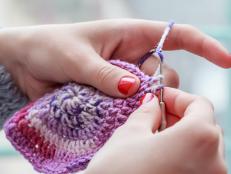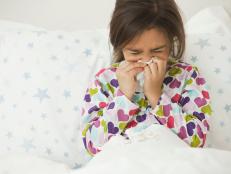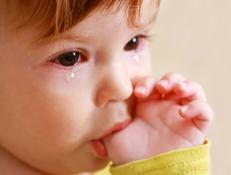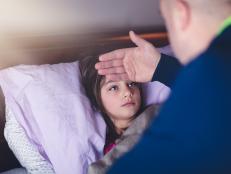Parenting Win of the Week: What You Need to Know About RSV
A medical professional's take on the virus and how you can keep your children safe.

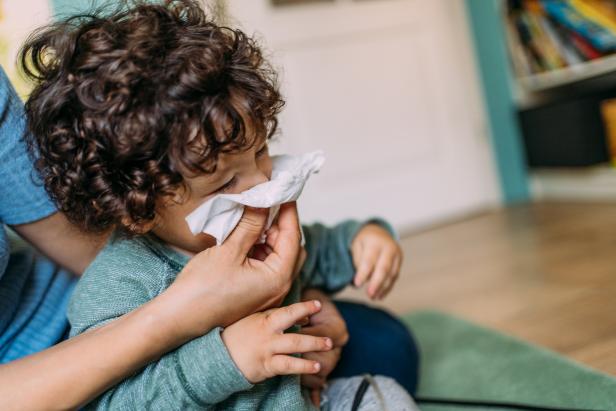
VioletaStoimenova
If you are a parent (or even if you aren’t) you’ve likely seen the headlines about children’s hospitals inundated with Respiratory Syncytial Virus (RSV) cases. There is certainly a surge, and one that is earlier than in past years. Many times, a surge in RSV happens right around when the flu surges, when the winter months start to get cooler.
Sometimes RSV can be serious, primarily in young babies, or it can present more like a common cold. To get the scoop and calm our fears, we talked to Dr. Mike Patrick, a board-certified pediatrician and an Attending Physician with the Section of Emergency Medicine at Nationwide Children’s Hospital on what we should know about RSV. He also hosts a podcast, Pediacast, on pertinent child health topics.
According to the headlines, this is a terrible outbreak of RSV … should we be worried?
Compared to a normal winter pre-pandemic, this is pretty typical for RSV season. It’s a little early though, as the peak is usually late November-December and this started in early October. It feels really bad because we haven’t had an RSV outbreak in three years as we masked and social distanced.
The one caveat is children’s hospitals are busier than they used to be. There are lots of staffing shortages, so from a manpower standpoint, it’s a little more complicated. Even though the spike may be typical for an RSV season, a decreased workforce is an added challenge.
Should we be concerned if our child gets RSV?
The younger the baby, the more risk there is for severe disease because of their small airways. RSV can cause a lot of mucus and when it’s in a small diameter airway, like in a baby, it’s more risky. Little babies are also obligate nose breathers, they don’t know how to transition to mouth breathing so it will be a struggle to breathe.
Premie babies with baseline lung issues are also at high risk.
When it comes to everyone else, toddlers-school age, most older kids do pretty well and it often presents as a bad cold. You may not even know that it is RSV, just a virus.
What can we do at home to help?
It’s really important to keep their noses sucked out so grab your snot sucker. The human-powered ones (like the Fridababy NoseFrida) work really well, they pull out a lot more mucus than the bulb ones.
You can also use normal saline nose drops, one or two per nostril before you suck out the snot.
Steam from the shower can help. You want to make sure the water is hot so you get the steam, but you don’t want to take your kid into the shower.
A humidifier in their bedroom is also a good idea.
When should I be concerned?
The biggest thing is if they are working really hard to breathe.
If they are breathing more than 60-70 breaths per minute (you can time it) your child will really tire out from breathing that hard.
With COVID-19, many people purchased home pulse oximeters. If you test at home and get in the low 90s with babies or under 90 percent in anyone it’s time to get checked out.
With little ones, it’s normal if they aren’t eating a ton of solid foods but you want to make sure they are drinking enough and getting adequate liquids. If they aren’t wetting their diapers as much as usual that is a sign of concern.
If your child is breathing normally, but you are concerned, call your pediatrician.
If you can see they are in breathing distress, call 911 and they can come to you with extra oxygen before getting you to the hospital.
Things to keep in mind?
If your child is home with RSV, know that usually the worst of it happens between days 3-5. Like other viruses, it can linger, but it shouldn’t get worse later on.
Even if you get RSV as an adult, be careful around babies. You may have mild symptoms, but the virus may present much more seriously in little ones. Since doctors don’t always test for RSV (and it could be another virus) it’s important to be cautious around babies with any illness.
YOU MIGHT ALSO LIKE:








